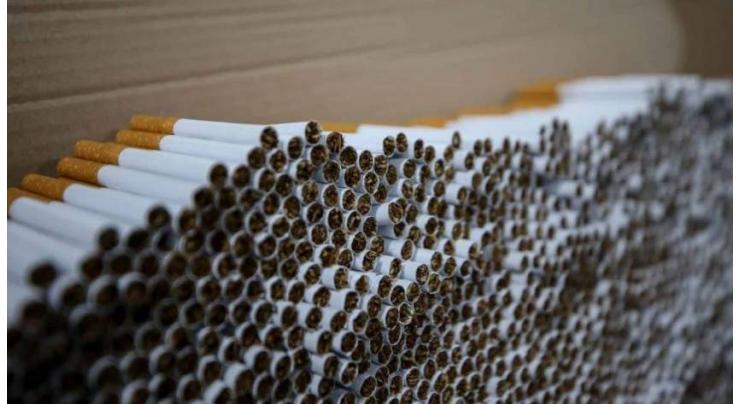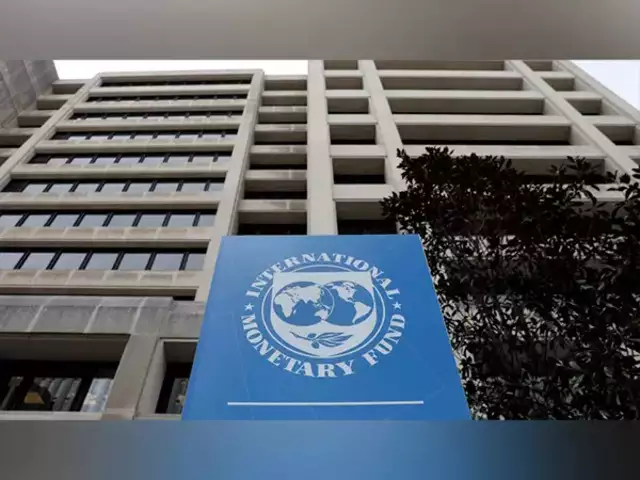The upcoming budget (2024-25), the Social Policy Development Centre (SPDC) has put forward a significant proposal to increase Federal Excise Duty (FED) on tobacco products by 37%.
Outlined in the SPDC’s latest policy paper titled “Recovering Healthcare Costs and Saving Lives,” the proposal aligns with recommendations from the World Health Organization (WHO) and the Campaign for Tobacco Free Kids (CTFK). According to the paper, implementing this increase could lead to substantial benefits for Pakistan’s health and economy.
The policy paper highlights that by raising FED by 37%, Pakistan could potentially save up to 265,000 lives, generate an additional revenue of Rs 37.7 billion, and encourage 757,000 people to quit smoking. These measures are aimed at prioritizing public health and fostering economic prosperity through targeted tobacco tax reforms.
Pakistan currently operates a two-tiered system of FED on cigarettes. Recent years have seen significant strides in tobacco taxation, with a notable increase in FED in 2022-23. The current FED shares in retail prices stand at 48% and 68% for low and high tiers respectively.
The SPDC report underscores the importance of maintaining this momentum in tobacco tax reforms to safeguard both revenue streams and public health initiatives. It recommends further adjusting FED rates to align with international standards, aiming to increase the tax share of retail prices to around 70%.
To achieve this, the proposal suggests raising the FED share to 54% or Rs 154 for economy brands and 72.1% or Rs 452 for premium brands. This proposal builds upon the successes of previous tax adjustments, which have resulted in tangible reductions in smoking rates and significant financial gains for the government.
Recent data indicates that revenue collection from tobacco taxes has already reached Rs 122 billion from July 2023 to January 2024, with expectations to surpass Rs 200 billion by year-end. Beyond revenue generation, these measures have contributed to reducing smoking rates and potentially recouping 17.8% of total healthcare costs associated with smoking-related illnesses in Pakistan.
Addressing concerns about potential increases in illicit trade, the SPDC emphasizes that research studies have debunked this argument, citing evidence that tobacco companies manipulate production figures to influence tax policies and evade taxes. Additionally, the implementation of a track and trace system is expected to mitigate counterfeiting, curb illicit trade, and maintain oversight on frontloading.
Pakistan faces a significant challenge with high prevalence of smoking, with approximately 31.6 million adults, equivalent to nearly 20% of the adult population, using tobacco products. SPDC’s proposal aims to address this issue comprehensively while also bolstering government revenue and public health outcomes.




